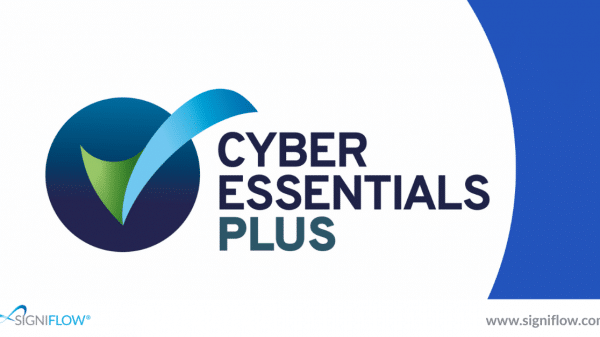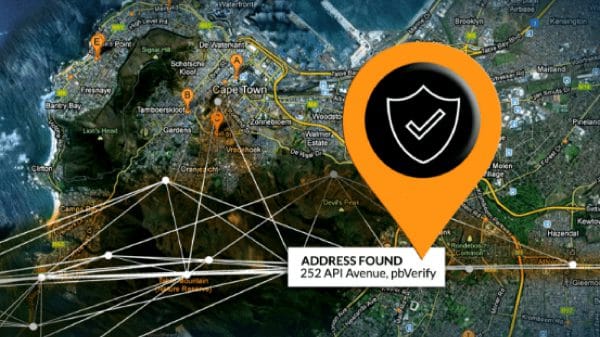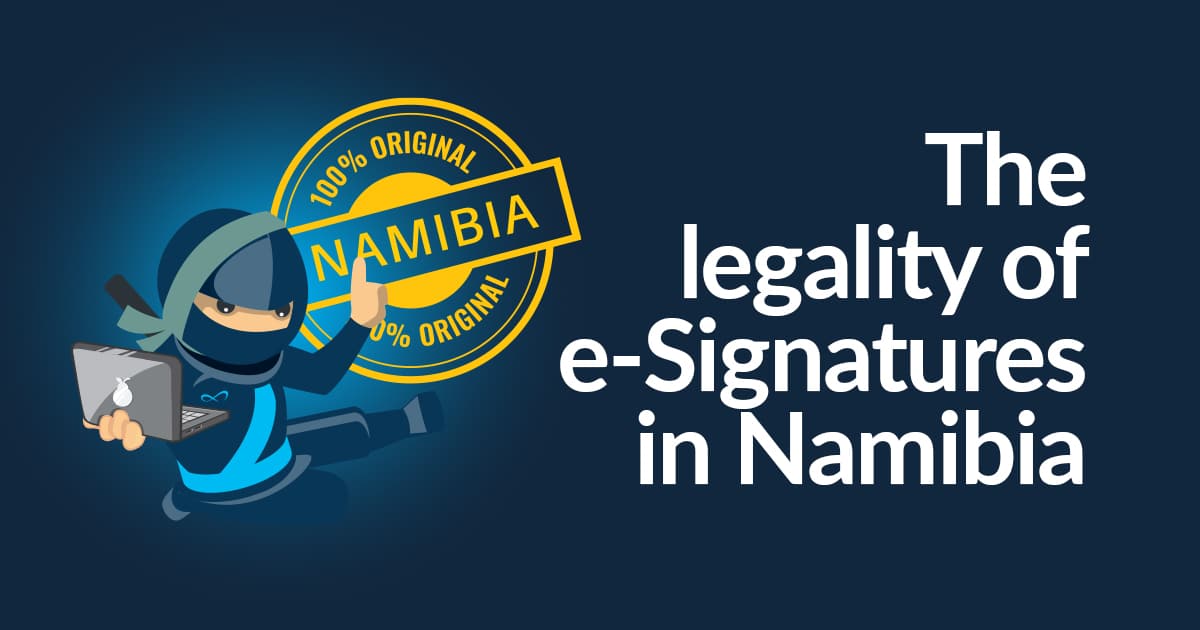The use of electronic signatures has brought about a significant transformation in the way businesses operate in today’s digitally-driven world. This has led to streamlining of processes and improvement in efficiency. Namibia, a technologically advanced and culturally diverse nation, has also embraced electronic signatures. Recognising them as a legally accepted means of signing documents.
In this regard, it has become a critical factor in the country’s progress and development. As it offers a secure and legally recognised way of signing documents.
Let’s explore the legality of electronic signatures in Namibia and how they are shaping the future of business in the country:
What is the legality of electronic signatures in Namibia?
In the dynamic realm of modern business, adopting electronic signatures has become increasingly prevalent. This offers a convenient and efficient alternative to traditional pen-and-paper signatures. But what is the legal standing of electronic signatures in Namibia? Fortunately, Namibia boasts a robust legal framework that recognises and supports electronic signatures.
In Namibian Law, electronic signatures are legally recognised as provided for by the Namibia Electronic Transaction Act 4 of 2019. “Electronic Signature” means data including a sound, symbol or process executed or adopted to identify a person. A data message attachment or logical association can indicate a person’s approval or intention regarding the information it contains.
Namibia widely accepts standard electronic signatures and advanced electronic signatures. Only if provided with the type of reliability and integrity sought in terms of the Electronic Transactions Act.
As per clause 17 of the Namibian Electronic Transactions Act no statement, representation, expression of will or intention, transaction or communication is without legal effect, validity or enforceability solely on the ground that it is in the form of a data message.
Please note that the Electronic Transactions Act Clause 20(2) does not limit the use of an electronic signature that is not recognised if parties agree to such use or if a law provides for such use.
If parties agree to use an Electronic Signature, it will be accepted as a legal signature, except for the documents not allowed to be signed electronically.
A data message is also defined as any electronically generated document, including agreements, that is generated, uploaded, and signed using the SigniFlow Software.
Benefits of Electronic Signatures in Namibia
The adoption of electronic signatures in Namibia offers a myriad of benefits for businesses and individuals alike. Electronic signatures are revolutionising how people conduct transactions and sign documents in the country. They are enhancing efficiency and improving document security.
One of the primary advantages of electronic signatures is their ability to streamline business processes, eliminating the need for time-consuming and cumbersome manual workflows.
Electronic signatures enable you to sign and execute documents within minutes, accelerating decision-making and reducing administrative overhead.
Furthermore, electronic signatures offer unparalleled convenience and accessibility. Enabling parties to sign documents from anywhere, anytime, using any device with an internet connection. This flexibility enhances productivity and facilitates seamless collaboration and communication among stakeholders, regardless of geographical barriers.
Additionally, electronic signatures enhance document security by incorporating advanced encryption and authentication measures that protect against fraud and unauthorised access. By implementing electronic signatures, businesses in Namibia can mitigate risks associated with document tampering. Ensuring the integrity and authenticity of their electronic transactions.
Best Practices for Electronic Signature Usage
While electronic signatures offer numerous benefits, businesses in Namibia need to adhere to best practices to maximise their effectiveness. They also need to ensure compliance with legal requirements. Some essential best practices for electronic signature usage include:
- Choose a reputable electronic signature solution: Select a trusted provider with robust security features and compliance with relevant regulations, such as the Electronic Transactions Act of 2019.
- Implement strong authentication measures: Utilise multi-factor authentication and digital certificates to verify the identity of signatories and prevent unauthorised access to documents.
- Maintain comprehensive audit trails: Keep detailed records of electronic signature transactions, including timestamps, IP addresses, and signatory information, to ensure accountability and traceability.
- Educate stakeholders on electronic signature usage: Provide training and resources to employees and clients on using electronic signatures effectively and securely, including guidance on proper authentication procedures and data protection protocols.
Read more about the legalities of electronic signatures in Namibia here.



























